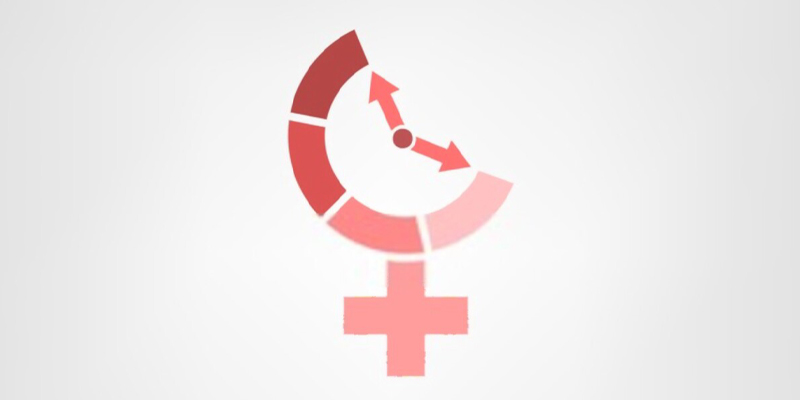Male menopause/andropause exists! Yes, you heard it right. Hormonal changes occur both in men and women as part of aging. In women, menopause puts an end to fertility and it has clear-cut signs in comparison to andropause which occurs gradually in men. The most important male hormone Testosterone starts to dip in men after a certain age that can result in physical, sexual, and psychological issues. As per a report by European Urology Open Science, with advancing age, men experience a gradual reduction in circulating, biologically available testosterone. A decline in serum testosterone levels is thought to progress at a rate of approximately 1% per year from as early as age 30 years, and a noticeable decline typically occurs after the age of 50 years. Andropause is also known as Late-onset Hypogonadism/Androgen Decline in the Aging Male.
Andropause is not observed in all men and it doesn’t completely stop the fertility potential of men. This is usually observed in men who are obese and have co-morbidities.
What conditions can aggravate Andropause?
Testosterone is a vital male sex hormone that plays a key role in the regulation of men’s fertility. Increased or decreased levels of testosterone hormone can affect men in many ways. Some of the reasons that can aggravate Andropause are:
- Testicular injury
- Problems in the pituitary gland
- Obesity
- Infection of testicles
- Kidney disease
- Diabetes
- Some medications
- Genetic diseases like Klinefelter syndrome
Symptoms of Andropause:
- Fatigue
- Depression
- Infertility
- Insomnia
- Reduced sexual desire
- Erectile Dysfunction
- Development of breasts
- Reduced libido
- Loss of body hair
- Increased body fat
Andropause can be diagnosed by:
- Physical examination
- Blood tests (to check the level of testosterone)
Treatment:
- Lifestyle modifications can help men overcome many of the symptoms associated with Andropause. The following healthy choices can help.
- Exercise
- A healthy diet including low-fat foods, green veggies, etc.
- Quitting smoking and alcohol
- Meditation
- Reducing stress
- Getting adequate sleep
- Testosterone Gel:
This gel has to be directly applied to the arms or shoulders. Some precautions have to be taken while applying the gel.
- Testosterone Skin Patches:
Skin patch results in the steady release of Testosterone and this can be applied to the abdomen, thighs, etc.
- Testosterone Tablets:
Tablets are also used to treat the symptoms of male andropause. Men who have heart, kidney, or liver disease should not take these tablets.
- Testosterone Injections:
This injection is given every 2 to 4 weeks.
Andropause is a normal issue that happens with aging in men and one need not panic. If you have any issues, consult an Andrologist for treatment and advice


